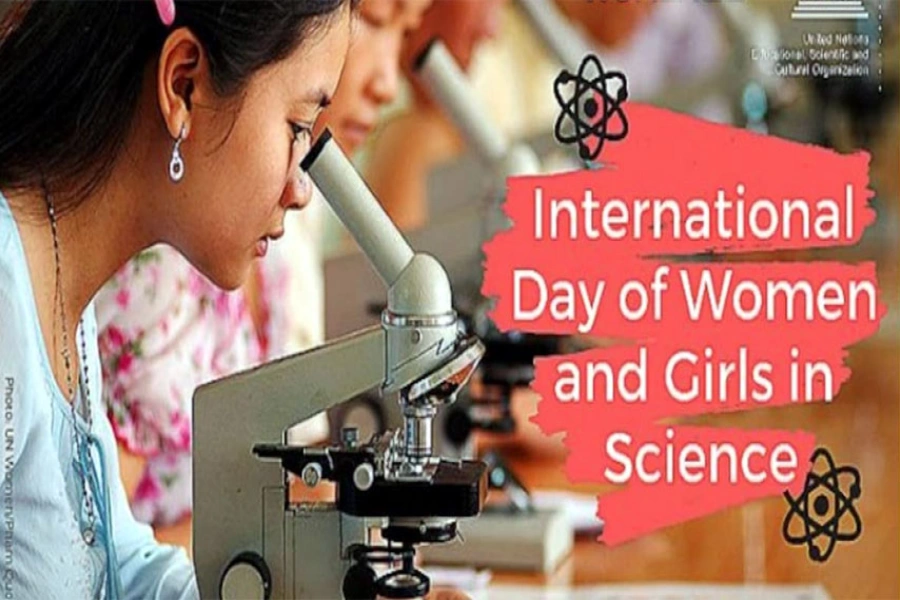Non-smoking adults have a higher risk of dying from serious lung disease if they grew up with parents who smoked, according to US research.
The researchers said childhood passive smoking was "likely to add seven deaths to every 100,000 non-smoking adults dying annually".
The study of 70,900 non-smoking men and women was led by the American Cancer Society.
Experts said the best way to protect children was to quit smoking.
If participants lived with a smoker during adulthood, there were other health implications, the study found.
Active vs Passive Smoking

Smoke exposure of 10 or more hours every week increased their risk of death from ischemic heart disease by 27%, stroke by 23% and chronic obstructive lung disease by 42% compared to those who lived with non-smokers.
The study was published in the American Journal of Preventive Medicine.
Participants were questioned about their exposure to smoking throughout their lives, and then their health was tracked over the next 22 years.
'Smoke outside'
Hazel Cheeseman, of campaign group Action on Smoking and Health, said: "This latest study adds to the compelling case to take smoke outside to protect children from harm.
"The best way to do this is for parents to quit."
She referred to data on NHS Stop Smoking Services in England urging improved funding in this area.
Dr Nick Hopkinson, medical adviser to the British Lung Foundation, agreed, saying: "Passive smoking has a lasting impact well beyond childhood.
"Unfortunately, stop smoking services in the UK are being cut. We need to make sure that everyone, especially parents of young children and pregnant women who smoke, get the help they need to quit."
Lifelong risks
Children whose parents smoke are known to be at risk of asthma and poor lung development. This study shows that the effects of childhood smoke exposure persist into adulthood, resulting in chronic obstructive lung disease.
While the researchers focused on mortality risks, they emphasised that childhood second-hand smoking may also increase chronic illness and healthcare dependency in later life.
Dr Ryan Diver, one of the report's authors, said: "This is the first study to identify an association between childhood exposure to second-hand smoke and death from chronic obstructive lung disease in middle age and beyond.
"Our findings provide further evidence for reducing second-hand smoke exposure throughout life," he added.







































